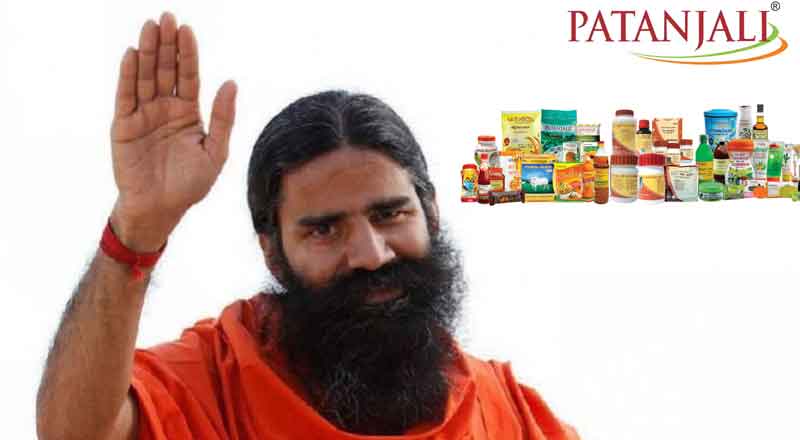- Yoga guru Ramdev and his aide Balkrishna were in the SC today as it hears the contempt case against Patanjali Ayurved in connection with its misleading ads.
- Acknowledging Ramdev and Balkrishna’s substantial contributions to the realm of yoga, the bench emphasized the significance of their role.
- However, the court didn’t shy away from scrutinizing their conduct, questioning why other medical systems were disparaged to highlight the virtues of Ayurveda.
- Despite expressions of regret and readiness to issue a public apology, the court maintained a cautious stance.
In a pivotal session at the Supreme Court today, yoga guru Ramdev and his associate Balkrishna found themselves in the spotlight as the court delved into the contempt case against Patanjali Ayurved. This legal saga stems from Patanjali’s alleged dissemination of misleading advertisements and claims regarding cures for Covid-19. The court’s stern stance during the preceding hearing, coupled with criticism directed at the Uttarakhand government’s inaction, sets the stage for a critical judicial examination.
Acknowledging Ramdev and Balkrishna’s substantial contributions to the realm of yoga, the bench, led by Justice Hima Kohli and Justice A Amanullah, emphasized the significance of their role. However, the court didn’t shy away from scrutinizing their conduct, questioning why other medical systems were disparaged to highlight the virtues of Ayurveda. Highlighting the principle of equality before the law, Justice Amanullah reiterated the universality of legal obligations, prompting Ramdev to pledge greater caution in the future.
Despite expressions of regret and readiness to issue a public apology, the court maintained a cautious stance. Refusing to render a verdict on forgiveness, the bench underscored the gravity of repeated violations and scheduled the next hearing for April 23. Ramdev and Balkrishna were summoned to demonstrate their commitment to rectify their actions.
Outside the courtroom, Ramdev reiterated his faith in the judiciary, yet the court’s skepticism loomed large. The rejection of two prior apologies due to their public dissemination raised doubts about the sincerity of their remorse. Justice Hima Kohli’s rebuke regarding the prioritization of publicity over judicial compliance accentuated the court’s skepticism.
The origins of this legal battle trace back to Patanjali’s foray into Covid therapeutics, particularly the launch of Coronil in 2021, heralded as a breakthrough remedy. However, controversies erupted when claims of WHO certification were contested by medical authorities, triggering a clash between traditional and allopathic medicine paradigms. Ramdev’s inflammatory remarks further escalated tensions, prompting legal action from the Indian Medical Association (IMA).
Subsequent disputes revolved around Patanjali’s promotional campaigns, accused of disseminating misinformation regarding the efficacy of their products in treating various ailments. Despite assurances of compliance, Patanjali’s alleged persistence in misleading advertising prompted judicial intervention, culminating in contempt proceedings.
The court’s unwavering stance underscores the imperative of upholding legal and ethical standards, particularly in the realm of public health. As the legal battle unfolds, the onus lies on Patanjali to reconcile its commercial endeavors with regulatory compliance and societal responsibilities.
In the crucible of judicial scrutiny, Ramdev and Balkrishna navigate a precarious path, where contrition must transcend mere lip service to engender meaningful reform. As the April 23 hearing looms large, the contours of accountability and redemption in the realm of corporate governance and public health will be defined by the Supreme Court’s deliberations.
(With inputs from agencies)





